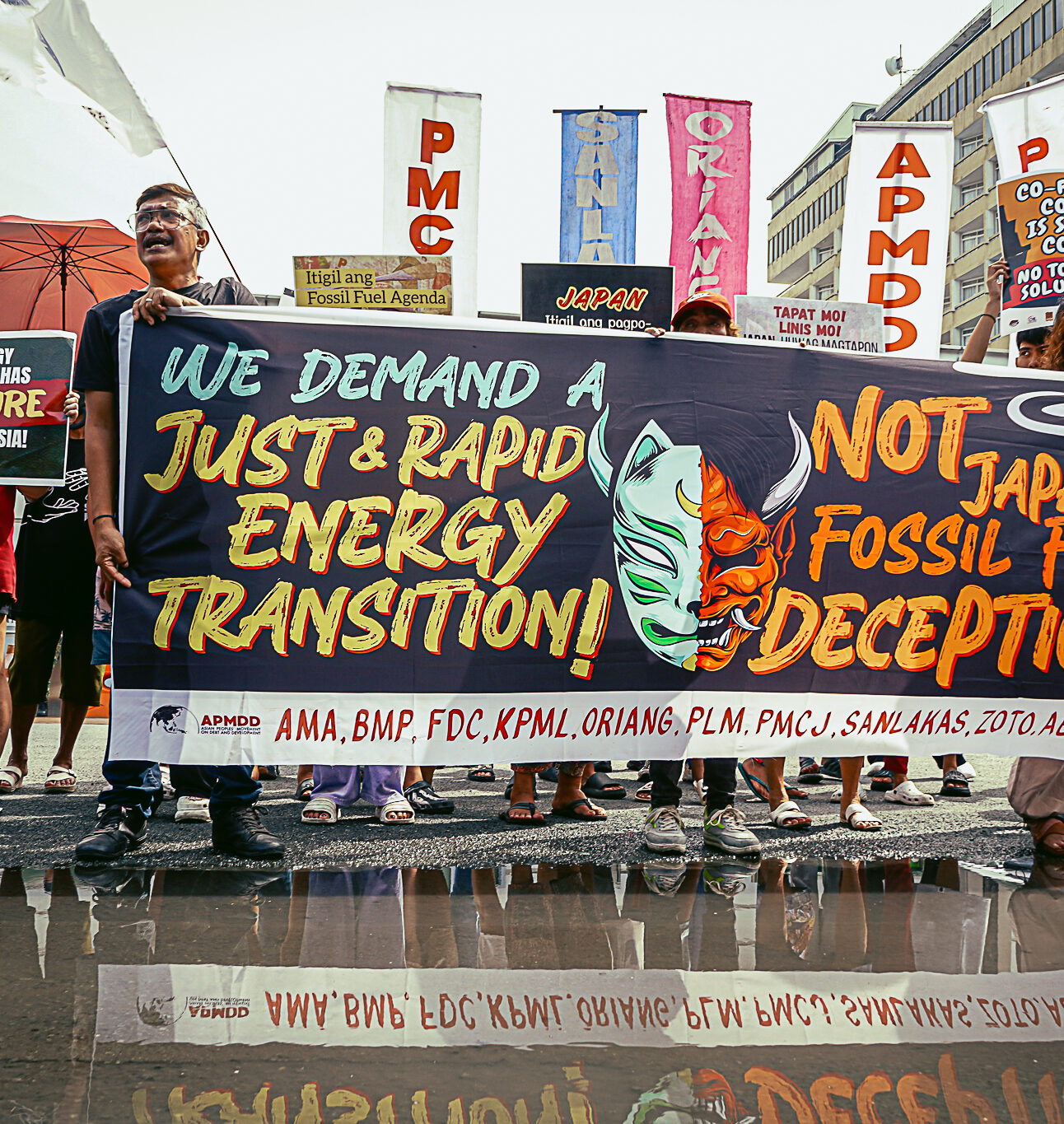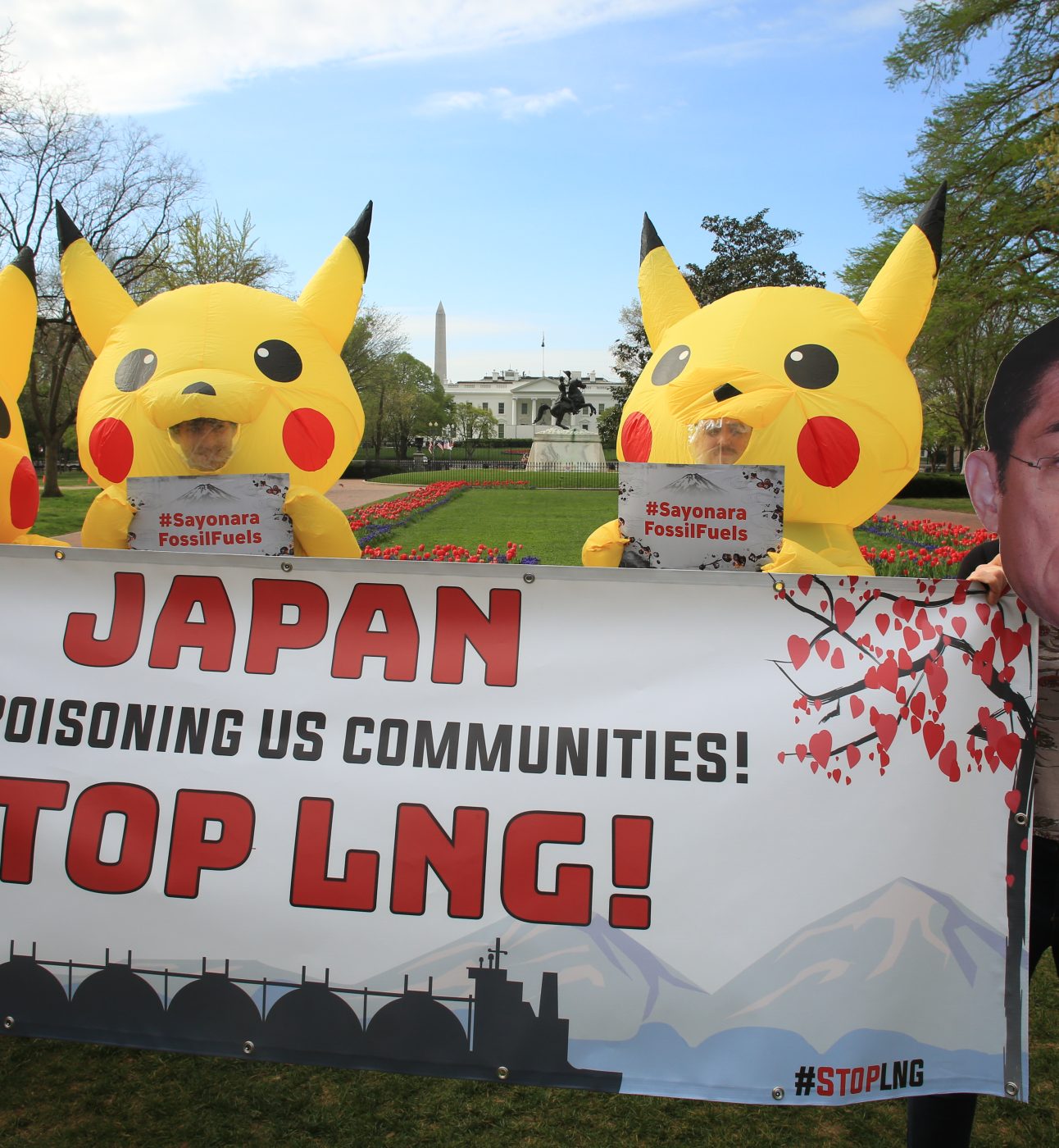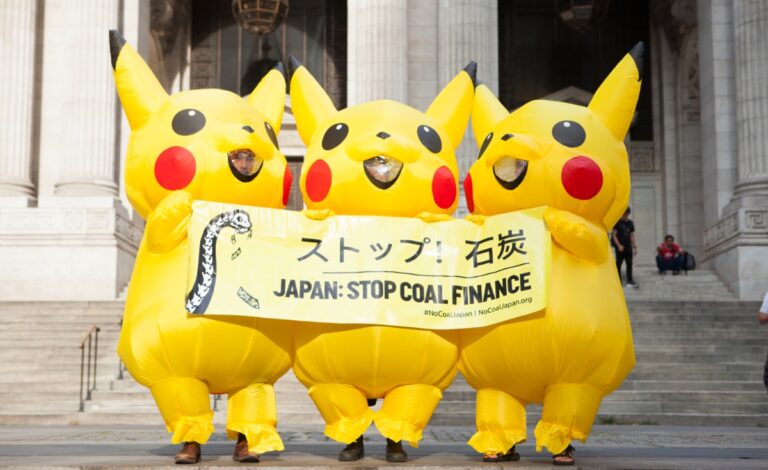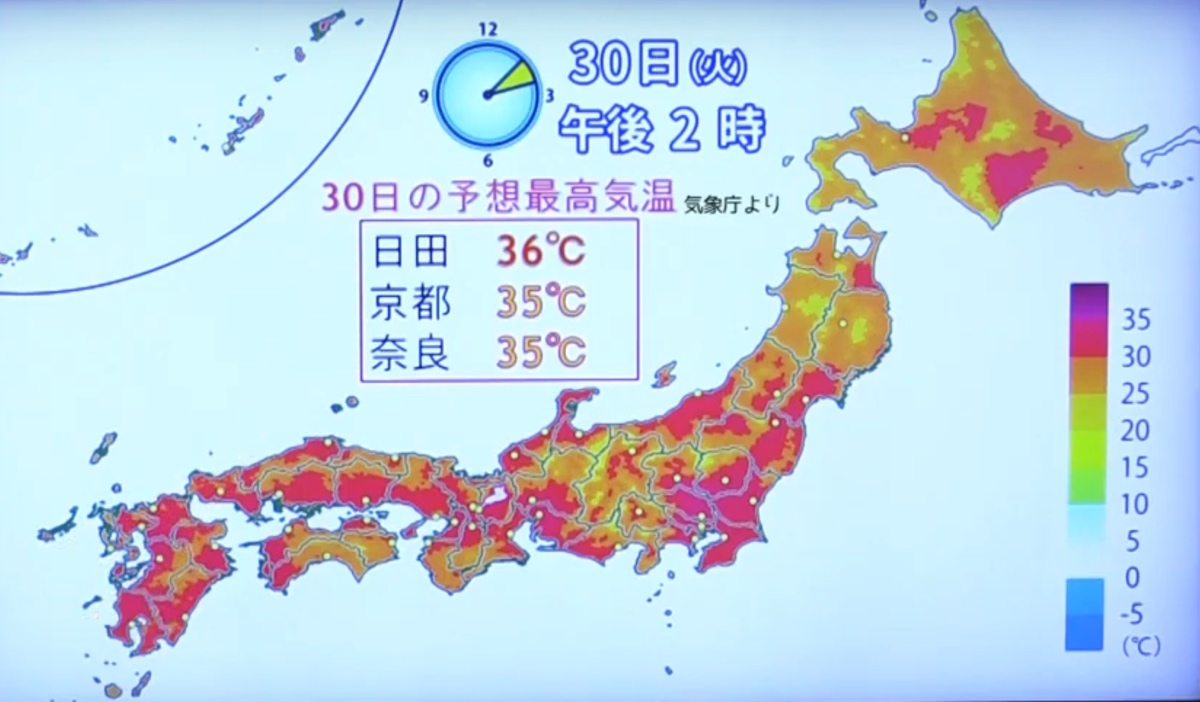
“We cannot go to the sea now.” Massive Japanese fossil fuel project destroys Bangladeshi communities and worsens climate crisis
Japan’s development agency, Japan International Cooperation Agency, destroyed communities & livelihoods in Bangladesh with its $4 billion Matarbari coal power plant. Now they are pushing for gas & other fossil fuel technologies. But local fisherfolk and farmers are standing up to stop fossil expansion.









